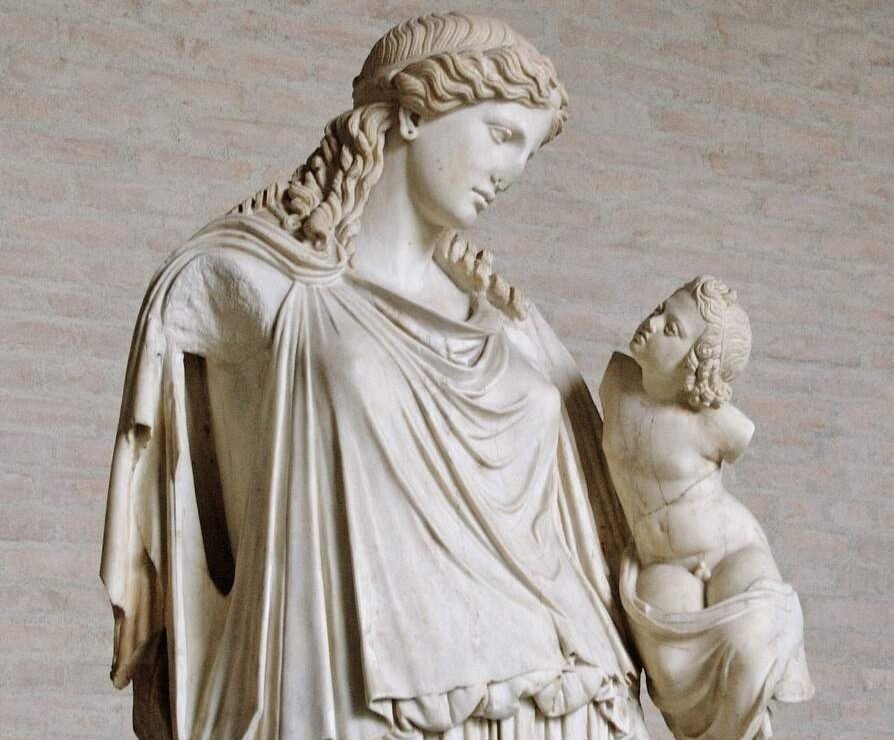Chronos, Kairos and Aion are the three deities of time, events and epic destinies. Here is the multi-religious and multicultural calendar!
Find us on our website Mythology and Legend, on Facebook and on instagram !

The schedule in brief from D-2 to D+5
- July 12, 2025, Every day: Olivier Plunket
- July 12, 2025, Every day: Twelfth
- July 13, 2025, Everyday: Shichigatsu bon
- July 14, 2025, Every day: Synoikia
- July 15, 2025, : Saint Rosalie
- July 15, 2025, : Vladimir the Great
- July 16, 2025, Daily: Jersey Helier
- July 16, 2025, Every day: Our Lady of Mount Carmel
- July 17, 2025, : Ognyena Maria
- July 19, 2025, : Lucaria
The complete interactive calendar
July 14, 2025
–
July 14, 2025

On this day, the Greeks celebrated Synoikia. This festival took place during the first important month of the Athenian year and served to remind people of their history and origins, the Synoikia, literally "houses together", was an ancient celebration commemorating the unification of Attica by Theseus. This very ancient festival was gradually abandoned during the Athenian domination. #mythology #myth #legend #calendar #synoikia #Greece #July 14
Multicultural and multi-religious almanac
An almanac is a calendar showing the main dates of the calendar, the religious holidays, bearing ephemerides such as the phases of the moon or the duration of the days (lunar and solar calendars).
A calendar is a system for marking dates according to time. Such a system was invented by men to divide and organize time over long periods. The observation of the periodic phenomena of the environment in which they lived — such as the daily movement of the shadow, the return of the seasons or the lunar cycle — served as the first references for organizing the agricultural, social and religious life of societies.
The calendar used today in most of the world is the Gregorian calendar. In everyday language, an ephemeris designates what happens daily; the ephemeris of the day is the list of the significant events of this day.